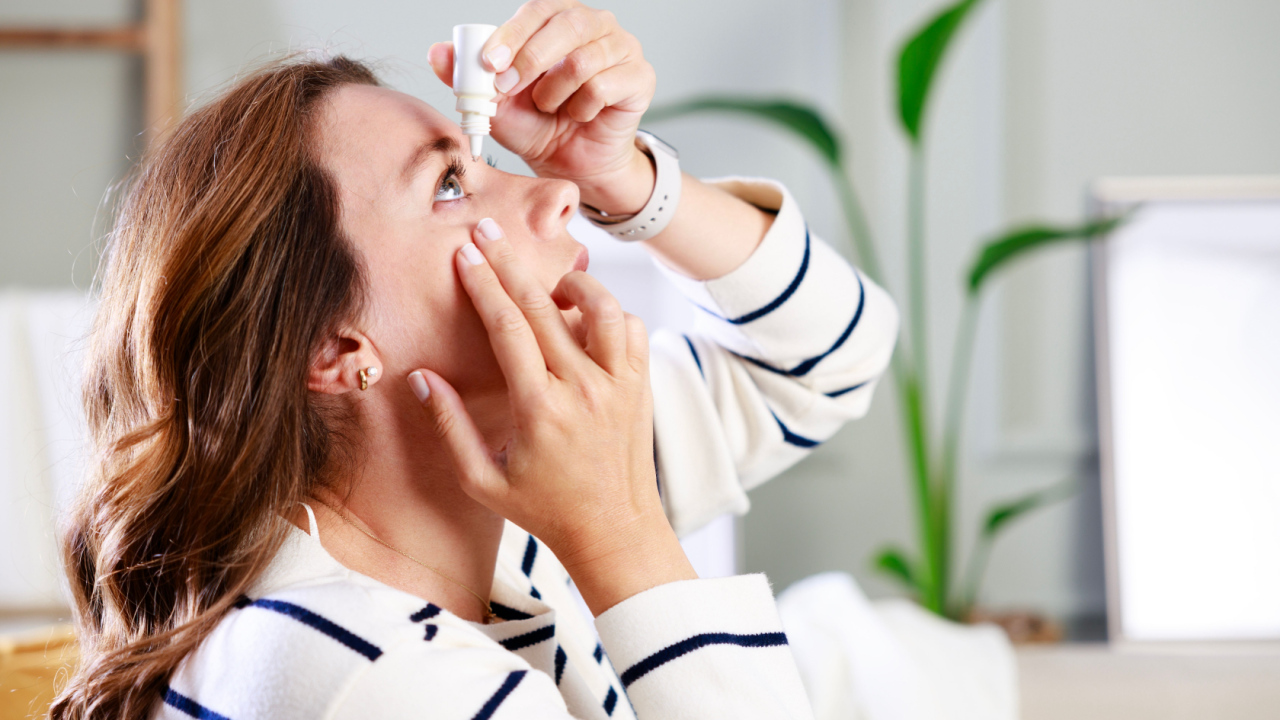Pfizer’s alopecia JAK inhibitor Litfulo (ritlecitinib) has become its fourth US Food and Drug Administration (FDA) approved product in the past several weeks.
Litfulo is entering the alopecia market to rival Eli Lilly’s Olumiant (baricitinib), which was approved as the first drug for alopecia areata a year ago.
While Olumiant only has approval for adults, Litfulo has a slight edge as it is indicated for both adults and adolescents 12 years of age and older — it’s the first drug approved for treating adolescents with alopecia.
According to Pfizer’s press release announcing the approval, the once-daily oral JAK inhibitor not only inhibits the Janus kinase 3 protein, but also blocks the activity of the tyrosine kinase expressed in hepatocellular carcinoma (TEC) family of kinases.
Almost 7 million people in the US and about 147 million people globally are affected by alopecia areata. Around 20 percent of people with alopecia are diagnosed before the age of 18. The condition received worldwide attention recently due to the infamous Oscars incident in 2022 where Will Smith slapped comedian Chris Rock on stage for having joked about his wife Jada Pinkett Smith who has the condition.
Pfizer said it plans to launch Litfulo in the coming weeks.
XTALKS WEBINAR: Clinical Data Management Insights: Using Digital SoA to Solve Modern Clinical Trial Challenges
Live and On-Demand: Thursday, August 24, 2023, at 10am EDT (4pm CEST/EU-Central)
Register for this free webinar to learn about optimizing clinical data management processes and how common problems impacting study data quality can be avoided by visualizing the real-time impact of trial design decisions in a digital SoA.
Before being green-lighted as the first drug for alopecia areata, Eli Lilly’s now blockbuster Olumiant was first approved by the FDA in 2018 for severely active rheumatoid arthritis and later as a COVID-19 treatment in certain hospitalized adults.
Alopecia areata is an autoimmune disorder that causes the body to attack its own hair follicles, causing patchy or complete hair loss. Although mainly occurring on the scalp, alopecia can affect other parts of the body including the eyebrows, eyelashes and facial hair among others.
“Litfulo is an important treatment advancement for alopecia areata, an autoimmune disease that previously had no FDA-approved options for adolescents and limited options available for adults,” Angela Hwang, Pfizer’s chief commercial officer and president of the company’s global biopharma business, said in a statement.
“With today’s approval, adolescents and adults who struggle with substantial hair loss have an opportunity to achieve significant scalp hair regrowth.”
Related: Top 10 Pharma TV Ad Spenders in 2022 — Anti-Inflammatories and Diabetes Drugs Dominate
Litfulo’s FDA approval was supported by data from Pfizer’s randomized, placebo-controlled, double-blind Phase IIb/III study ALLEGRO, which involved 718 patients suffering from 50 percent or more scalp hair loss as determined using the Severity of Alopecia Tool.
Results from the trial showed that 23 percent of patients that received 50 mg of Litfulo achieved 80 percent or more scalp hair coverage after six months compared with only 1.6 percent on placebo. Safety and efficacy were consistent between teens and adults, and the most common side effects included headache, diarrhea, acne, rash and hives (urticaria).
Litfulo’s pricing will be more or less on par with Olumiant’s, costing about $49,000 a year before discounts, according to Pfizer. Olumiant is priced at $2,622 for a 30-day supply of 2 mg tablets, or $5,244 for a month’s worth of 4 mg tablets.
The alopecia market was valued at $8.34 billion in 2021 and is expected to grow to $16.76 billion by 2030 at a compound annual growth rate (CAGR) of 8.2 percent.












Join or login to leave a comment
JOIN LOGIN